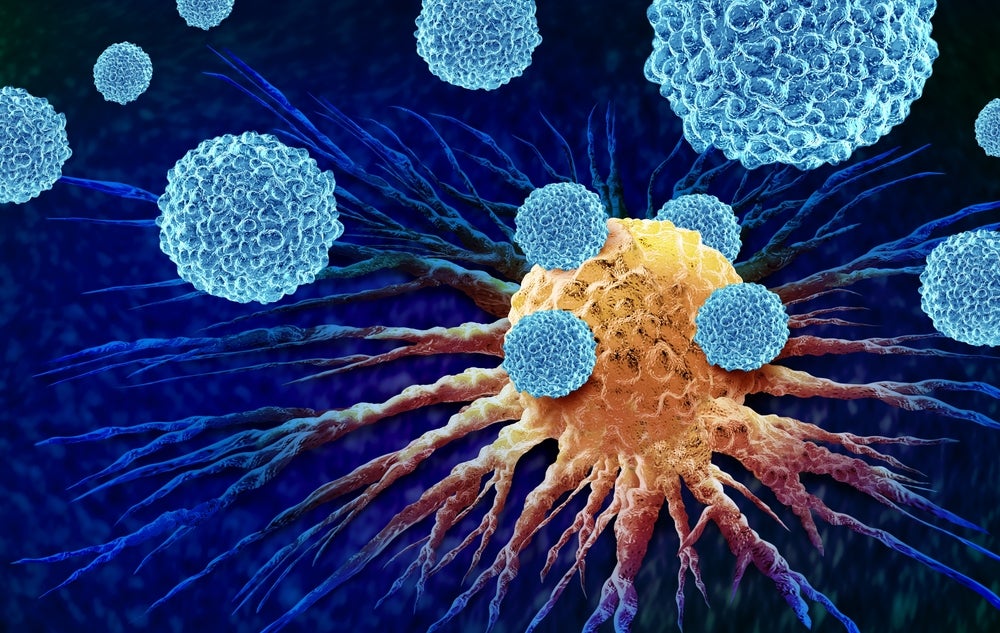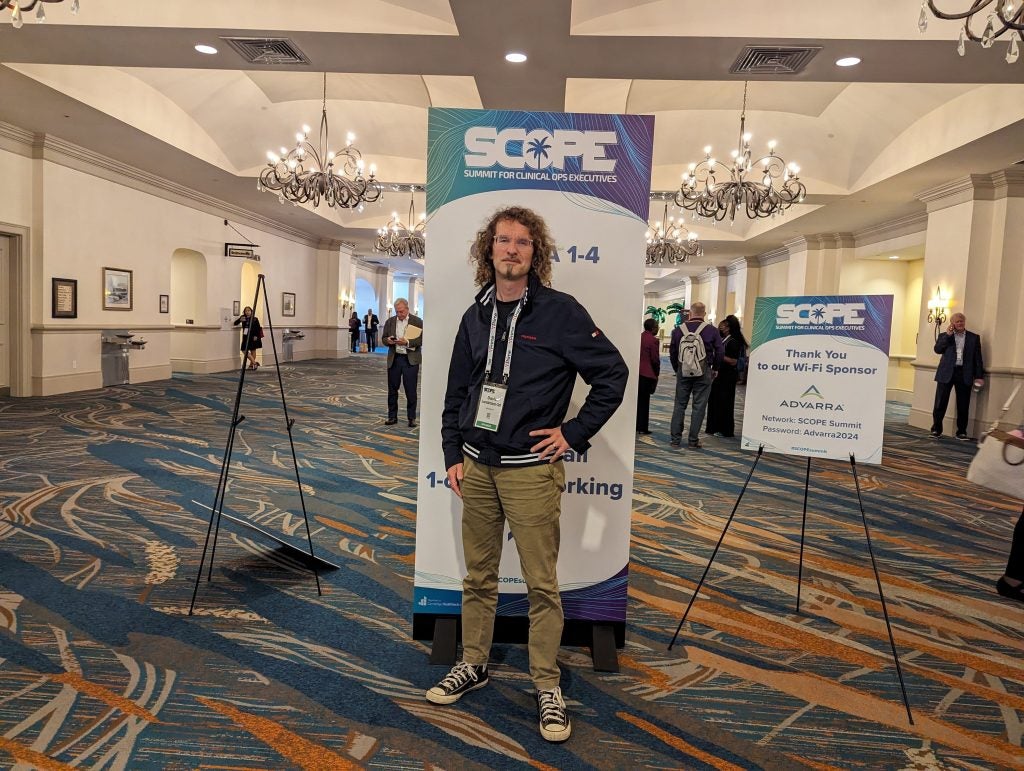Innovent Biologics has reported that the Phase III RESTORE-1 clinical trial of IBI311 in Chinese patients with TED met the primary endpoint.
IBI311 is a recombinant anti-insulin-like growth factor 1 receptor (IGF-1R) antibody.
The randomised, multicentre, placebo-controlled double-masked RESTORE-1 trial assessed the safety and efficacy of IBI311 for TED.
The proptosis responder rate in the study eye at week 24 was significantly higher in people who received IBI311 versus placebo, with rates of 85.8% versus 3.8%, respectively.
This rate is defined as the proportion of subjects with a reduction in eye-bulging of at least 2mm from baseline without a corresponding increase in the other eye.
Furthermore, IBI311 met key secondary endpoints including the percentage of subjects with a clinical activity score (CAS) of zero or one, the overall response rate and the mean change in proptosis from baseline.
The safety profile of the antibody was deemed to be favourable, without any serious adverse events reported during the study.
The efficacy and safety observed in the Phase III portion were consistent with the data from Phase II.
With the latest results, the company is preparing to file an NDA for IBI311 with the NMPA Center for Drug Evaluation to treat TED.
Innovent Clinical Development vice-president Dr Lei Qian said: “IBI311 has demonstrated significant efficacy and favourable safety in the treatment of TED in the RESTORE-1 study.
“We plan to submit its NDA as soon as possible and bring high-quality, effective and safe biological drugs to Chinese patients with TED.
“At the same time, with the approval of SINTBILO (anti-PCSK9 monoclonal antibody), the NDA acceptance of Mazdutide (GLP-1R/GCGR dual agonist), and the endpoints met in Phase III study of IBI311, Innovent is strategically establishing its innovative commercial and late-stage portfolio in the fields of cardiovascular and metabolic diseases (CVM), endocrinology and ophthalmology.”
In February 2023, Innovent dosed the first subject in the Phase III CLEAR clinical trial of the anti-interleukin 23p19 subunit (IL23p19) antibody injection, picankibart, in moderate-to-severe plaque psoriasis patients.















